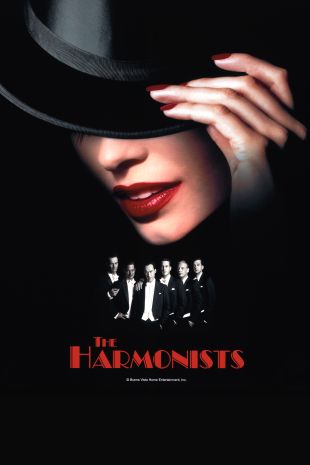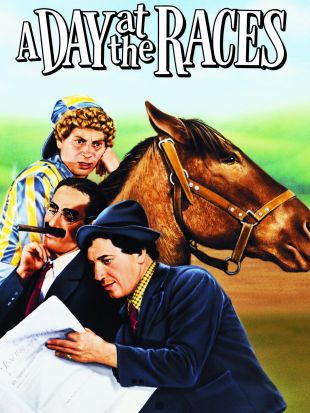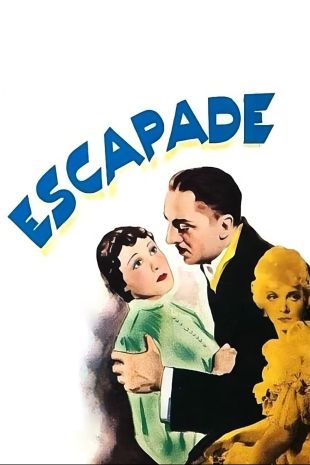Walter Jurmann was a gifted songwriter best known for his film work, and his contributions to such Hollywood movies as San Francisco, Mutiny on the Bounty, and A Night at the Opera. Born in Vienna in 1903 to a wealthy and unusually progressive-minded family, Jurmann enjoyed the benefit of as fine a liberal arts education as there was to be had in that city. A natural pianist, he quickly developed virtuoso-level skill at the keyboard and also achieved some local renown as a singer. His intention to study medicine gave way to a career in music, and he first established himself in Berlin in collaboration with the lyricist Fritz Rotter, when the legendary singer Richard Tauber turned Jurmann's "Was Weisst Denn Du, Wie Ich Verliebt Bin" into a huge hit in the mid-'20s. Over the ensuing decade, Jurmann generated a string of hit songs, and he proved a natural fit as a film composer with the arrival of talking pictures. His film work only extended his string of successes, beginning with the movie Ihre Majestät die Liebe (1931), which was remade in America as Her Majesty Love. Jurmann's music from this period was akin to the music of his much older contemporary Franz Lehar, beautifully melodic, light-textured, and memorable in the extreme, reflecting both old-world Austrian charm and the influence of the Jazz Age in its brashness and jauntiness. Indeed, had he been born a few years earlier, and been more a man of the theater or the opera house, he might have been another Lehar or Emmerich Kalman -- but Jurmann was very much a man of the film world by the early '30s.
By 1932, Jurmann had so many commissions for songs coming his way, from publishers, singers, and movie producers, that (on Rotter's suggestion) he took on a partner in Bronislau Kaper; the two proved extremely compatible on a creative and personal level, and their partnership would eventually transform both their careers in wholly unexpected ways. The rise of the Hitler regime made it impossible for either composer to remain in Germany, and in 1933, Jurmann and Kaper moved to Paris, where the French film industry happily received them. Jurmann, in turn, proved extremely adept at absorbing French musical influences and shaping them into songs and film music, yielding a short string of screen successes over the next year. Their move to Paris proved doubly fortuitous when MGM president Louis B. Mayer approached Jurmann and Kaper while on a visit to the city late in 1934. Impressed with their music, he offered Jurmann and Kaper a long-term contract with the studio, which they accepted.
Jurmann began work at MGM in February of 1935, and his early credits included songs for A Night at the Opera, A Day at the Races, Mutiny on the Bounty, and San Francisco, all among the biggest and most enduringly popular hit films to come from the studio in the entire decade. Jurmann took well to life in America and thrived there. He later worked for Universal, writing music for Deanna Durbin, and was one of the most respected of all the émigré songwriters to make a home in Hollywood. Alas, he was never to realize his one remaining goal, of writing for the stage successfully; in 1946, he wrote the score for Windy City, a musical authored in collaboration with Philip Yordan (book) and Paul Francis Webster (lyrics), but it closed before ever getting to New York, despite rave reviews for the show's music. He continued writing for the movies, and well past the time that many European artists had begun drifting away from industry, Jurmann was reportedly a delightful anachronism, displaying an old-world charm two or even three decades removed from the era in which it had been common in the film mecca.


